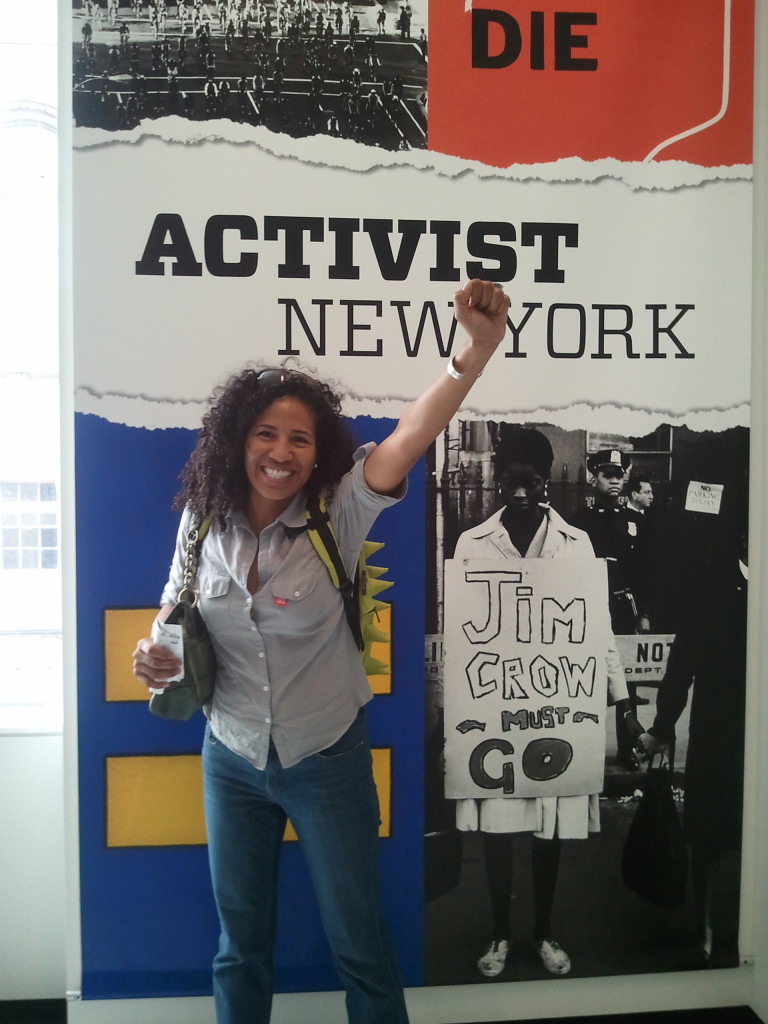In my teaching practice I often experience pushback about issues of race similar to Zuberi and Bonilla-Silva in White Logic, White Methods (2008). Most of the pushback I receive, however, comes from students when challenging their beliefs about racial inequalities in America. Most scholars who challenge white supremacy and racial ideologies are often seen as radical or misguided because the idea of race being a social construct and not inherently biological is foreign to most (Zuberi & Bonilla-Silva, 2008). Think about it, the very foundation and fabric of American society was built alongside racialization—the process of labeling and attaching meaning to a group otherwise uncategorized (Omi & Winant, 1994), thus, racial hierarchies are taken-for-granted categories that most people experience as the social norm. In reality there are real social consequences when an entire society believes race to be real, so race is real because it is real in its consequences. A major consequence is the valuing and privileging of whiteness above every other racialized group. Since Whites in the U.S. have always held the social, economic and political power, their culture is the norm, the standard by which all other racialized groups are measured (Smith, 1999; Yosso, 2005; Zuberi & Bonilla-Silva, 2008). The problem with this norm is that our society cannot meet the ideals of liberty and freedom espoused in the Declaration of Independence when entire groups of people are ascribed to a life of poverty and powerlessness.
Our cohort cannot rise to the guiding question of the class–How might educational action research reflect issues of access, excellence, and impact in your area of inquiry?– if we do not acknowledge and address the themes reflected in this week’s readings—truth, justice, and power. Taken together, the readings ask us to become conscious of the ways society has been structured to privilege those who are in power—or who look like those in power (Smith, 1999; Yosso, 2005; Zuberi & Bonilla-Silva, 2008). We are forced to contend with the reality that race is a social construct, a human created idea of placing people into a social hierarchy with privileges and oppressions dealt in relation to one’s position in the hierarchy. Thus, our entire social reality is fabricated to value one group’s knowledge system, values, and culture while dismissing all others (Smith, 1999). The education system we are in at this very moment, this EdD program, is part of the system of power, of white supremacy, and it is here that we must “speak truth to power” (as stated in Zuberi & Bonilla-Silva, 2008).
So, how do we speak truth to power to advance social justice? We can start by being aware of and challenging racial ideologies. We must also incorporate into and value non-White ways of knowing and doing in the production of knowledge (Smith, 1999; Zuberi & Bonilla-Silva, 2008). We must center non-White voices and experiences in theory, research and schooling while challenging existing scholarship, theory, knowledge and research Smith, 1999; Yosso, 2005). We must start early by teaching our children, at early ages, how to embrace ambiguity (Jordon & McDaniel, in press) and deal with uncertainty in ways that edify the community and “transform the process of schooling” (Yosso, 2005, p. 70). We have all been socialized into doing and valuing whiteness and the presumed, yet unachievable, objectivity that it entails. We must reeducate ourselves and our communities to achieve inclusivity, equity, and justice. This is my plan as I examine ways to increase degree completion, retention and student success among Indigenous students in postsecondary education.
References
Jordan, M.E. & McDaniel, R. R. (in press). Managing uncertainty during collaborative problem solving in elementary school teams: The role of peer influence in robotics engineering activity. The Journal of the Learning Sciences. doi: 10.1080/10508406.2014896254
Omi, M. & Winant (1994). Racial Formation in the United States: From the 1960s to the 1990s. (2nd ed.). New York, NY: Routledge
Smith, L.T. (1999). Decolonizing Methodologies: Research and Indigenous Peoples. New York, NY: University of Otago Press.
Yosso, T. J. (2005). Whose culture has capital? A critical race theory discussion of community cultural wealth. Race Ethnicity and Education, 8(1), 69-91
Zuberi, T. & Bonilla-Silva, E. (2008). White Logic, White Methods: Racism and methodology. New York, NY: Rowman & Littlefield Publishers, Inc.
